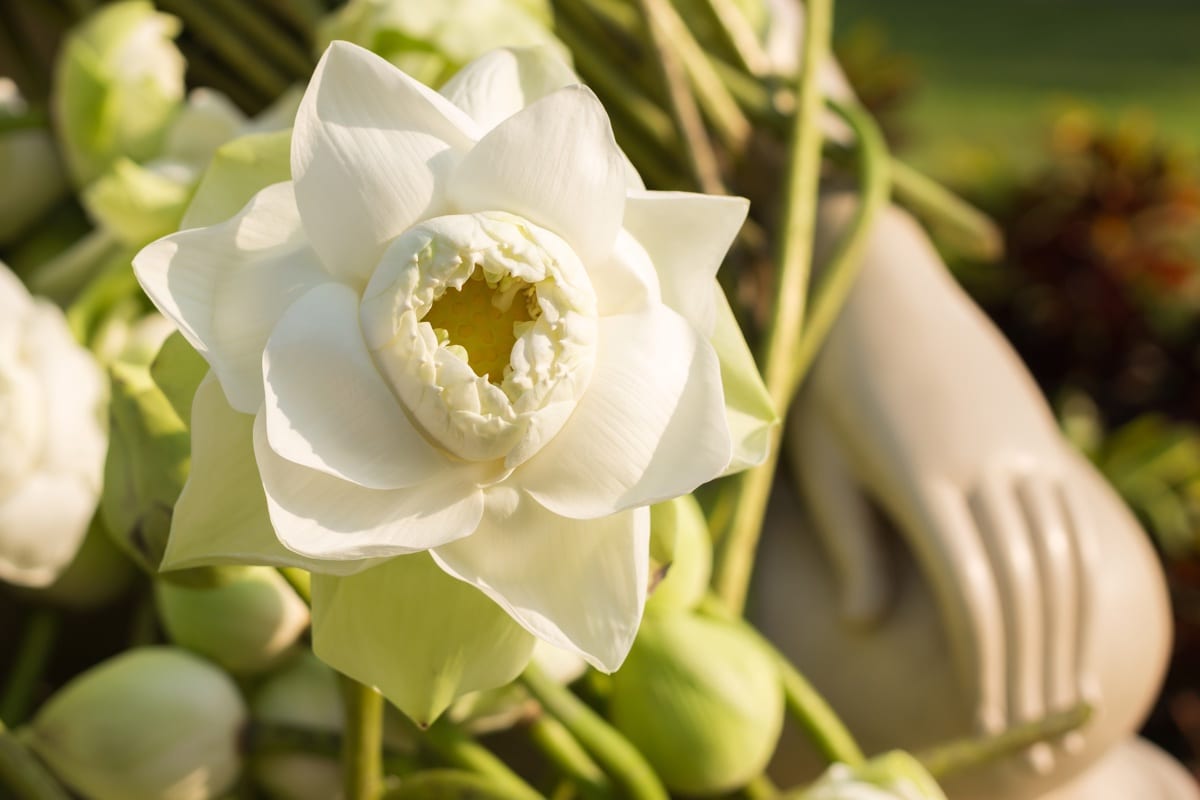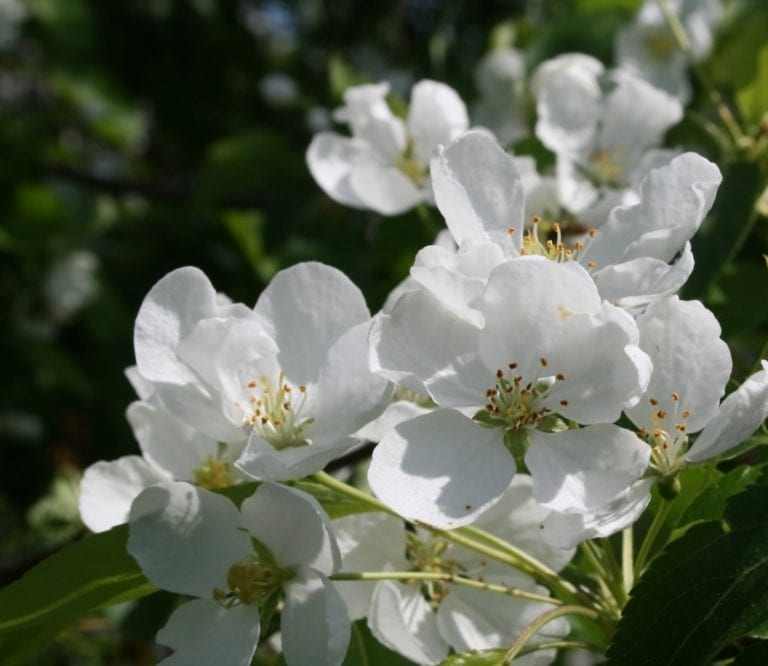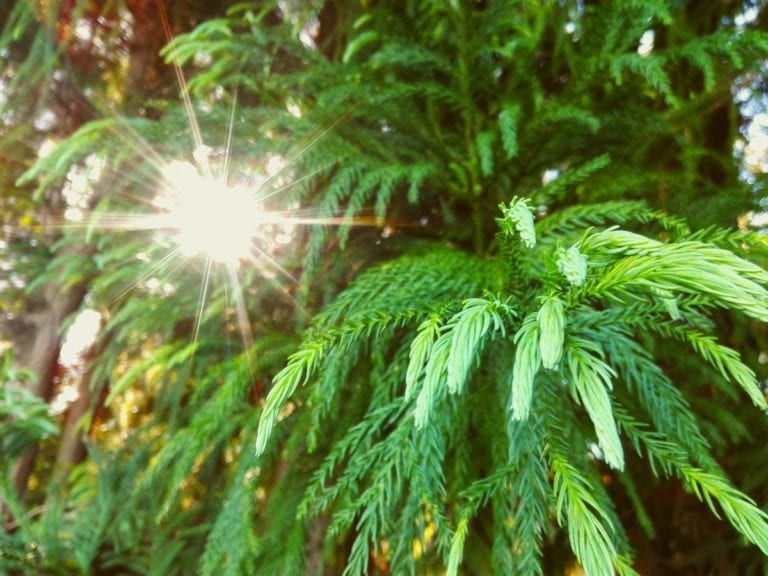685th Week: On Being An “Energy Oyster”
What if it were possible to move through the world filtering negativity in much the way oysters filter the water they live in? Because of my belief in collective consciousness, I’ve often thought of oysters and the role they play in helping to clear and clean water. The other day, I saw a video of oysters cleaning the water in a glass tank, and it always inspires and amazes me how nature generates what is needed to bring balance and healing.
Here’s another question. What if each of us could hold the intention to carry into our daily activities qualities such as kindness, compassion, collaboration, and respect for others, and what if these qualities were able to act as filters for the collective negativity currently being expressed in our world?
…With this particular question, I don’t just mean the specific interactions we have with others but, also, the qualities we carry and emanate into our environment as we go about our day. Just as the oyster automatically filters water simply by being in a particular place, what if we are able to “filter” some of our collective negativity simply by being who and where we are at any given time?
For me, one of the great supports to this kind of practice is to focus awareness in the heart. It’s helpful to remember that the heart is also a brain of its own kind. Orienting to perceiving from the heart automatically supports a sense of connection to the world around us. I’ve mentioned many times that the people at HeartMath have spent years studying the dynamics of the heart and of awareness that is centered there and, if you are interested in learning more about this, I recommend that you visit their website or look at their books on Amazon.
There’s a heart-centered Buddhist practice I’ve written about many times that, for me, is an active and focused way to be a filter, an “oyster”, for collective consciousness. It’s called Tonglen and is the practice of breathing collective negativity into the powerful fire of love that lives in the heart, where the negative energy is transformed and transmuted, and then breathing out love, compassion, peace, ease, or whatever other quality feels right in that moment. My website has two versions of Tonglen. Here’s a link to one of them:
Here’s a link to a version of Tonglen that adds an element some people prefer:
A Derivation of Tonglen Meditation – A Form of Subtle Activism
One of the ideas behind this kind of practice, of “being an oyster”, is that we live in a field of collective consciousness and that what emanates from us, the quality of the thoughts, feelings, and actions we put into the world, touches not just our immediate environment, but everyone. For me, this awareness brings a constant invitation for me to be aware of what I contribute from moment to moment. It also reminds me that living from the heart generates a greater likelihood that I’ll move through daily life more focused on kindness and cooperation than focused on irritation and a feeling of being separated from the world around me.
For this week’s practice in conscious living, I invite you to explore your experience of “being an oyster”, however that may have meaning for you. For example, you may prefer to offer prayers or blessings as your way of filtering collective negativity. Or, Tonglen may be perfect for you, or you may choose to explore or deepen your work with HeartMath or some other heart-centered practice you already engage. Whatever particular approach you choose, notice what happens when you turn to your practice a bit more often than you may do already, making it more of an ongoing aspect of your everyday awareness.
One of the things I’ve been asking people to explore recently is to see how it feels if they take a small bit of time each day to do Tonglen practice on breathing in fear and hate and breathing out ease and love, compassion, peace or whatever other qualities they want to offer to our collective experience. This is a specific way to “be an oyster” on behalf of all of us, to help free us from the grip of emotions that underlie so much of what ails us as a species.
As with all these practices, please remember to engage curiosity as a constant companion, as it automatically supports an opening to new experience. And, as always, please allow judgments to arise, move through, and move on without having to engage them in any particular way. They’re inevitable and they don’t need to take on any important meaning as they come and go.


